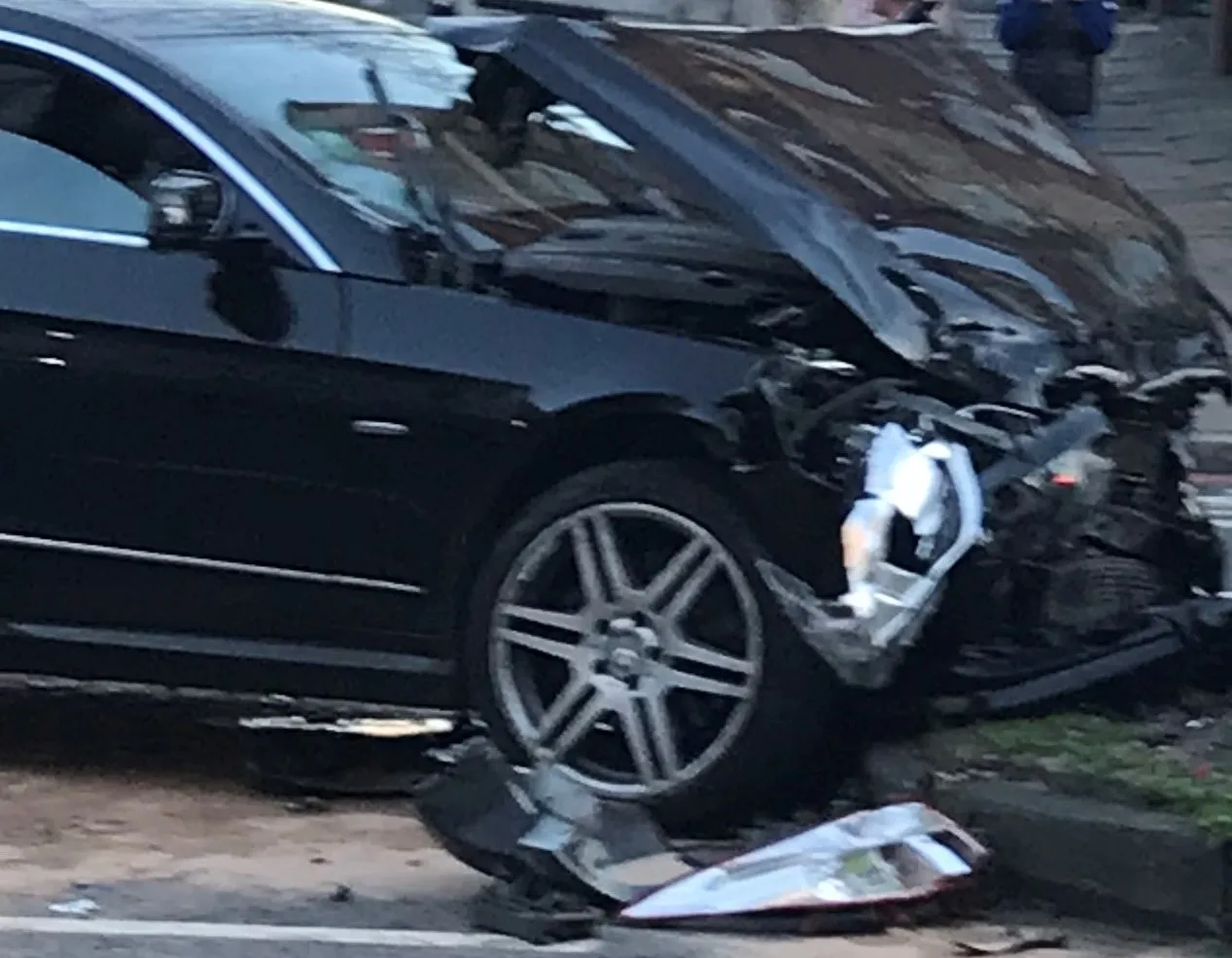Speeding and distracted driving are key concerns for UK road users. Those are seen as the highest threat to safety according to a survey carried out jointly by road safety charity Brake, Aviva and Specsavers. The survey asked 1,000 drivers to identify which driving behaviour, from a list of six, they thought posed the biggest danger. And 76% ranked speeding or distraction most highly.
Driving under the influence was also ranked highly, with 18% thinking drink- and drug-drivers are the biggest threat. But
November 21, 2016
Read time: 2 mins
Speeding and distracted driving are key concerns for UK road users. Those are seen as the highest threat to safety according to a survey carried out jointly by road safety charity 3963 Brake, 4075 Aviva and Specsavers. The survey asked 1,000 drivers to identify which driving behaviour, from a list of six, they thought posed the biggest danger. And 76% ranked speeding or distraction most highly.
Driving under the influence was also ranked highly, with 18% thinking drink- and drug-drivers are the biggest threat. But only 3% said that vehicle emissions are the biggest threat faced, while just 1% ranked not wearing a seat belt wearing as the biggest danger and 2% rated poor vision as the biggest risk.
The age of respondents was significant regarding whether speed or distraction were placed top. Drivers aged 44 and under said speeding is the biggest threat, while drivers aged 45 and older rated distraction as their biggest fear.
The Road Safety Week survey also asked drivers which risks they would admit to taking on the roads themselves, with 79% admitting taking risks. Up to 63% confessed to sometimes speeding while 45% said that they drive distances that they could easily walk. Worryingly, 13% admitted to driving while distracted and 9% confessed to not wearing a seat belt or their passengers not wearing a seat belt.
Age was significant regarding admissions of risk-taking. Drivers aged 45 and above were more likely to admit to speeding than younger drivers. Conversely, drivers aged 44 and under were more likely to admit to driving distracted, driving under the influence, or failing to wear a seatbelt.
Driving under the influence was also ranked highly, with 18% thinking drink- and drug-drivers are the biggest threat. But only 3% said that vehicle emissions are the biggest threat faced, while just 1% ranked not wearing a seat belt wearing as the biggest danger and 2% rated poor vision as the biggest risk.
The age of respondents was significant regarding whether speed or distraction were placed top. Drivers aged 44 and under said speeding is the biggest threat, while drivers aged 45 and older rated distraction as their biggest fear.
The Road Safety Week survey also asked drivers which risks they would admit to taking on the roads themselves, with 79% admitting taking risks. Up to 63% confessed to sometimes speeding while 45% said that they drive distances that they could easily walk. Worryingly, 13% admitted to driving while distracted and 9% confessed to not wearing a seat belt or their passengers not wearing a seat belt.
Age was significant regarding admissions of risk-taking. Drivers aged 45 and above were more likely to admit to speeding than younger drivers. Conversely, drivers aged 44 and under were more likely to admit to driving distracted, driving under the influence, or failing to wear a seatbelt.






